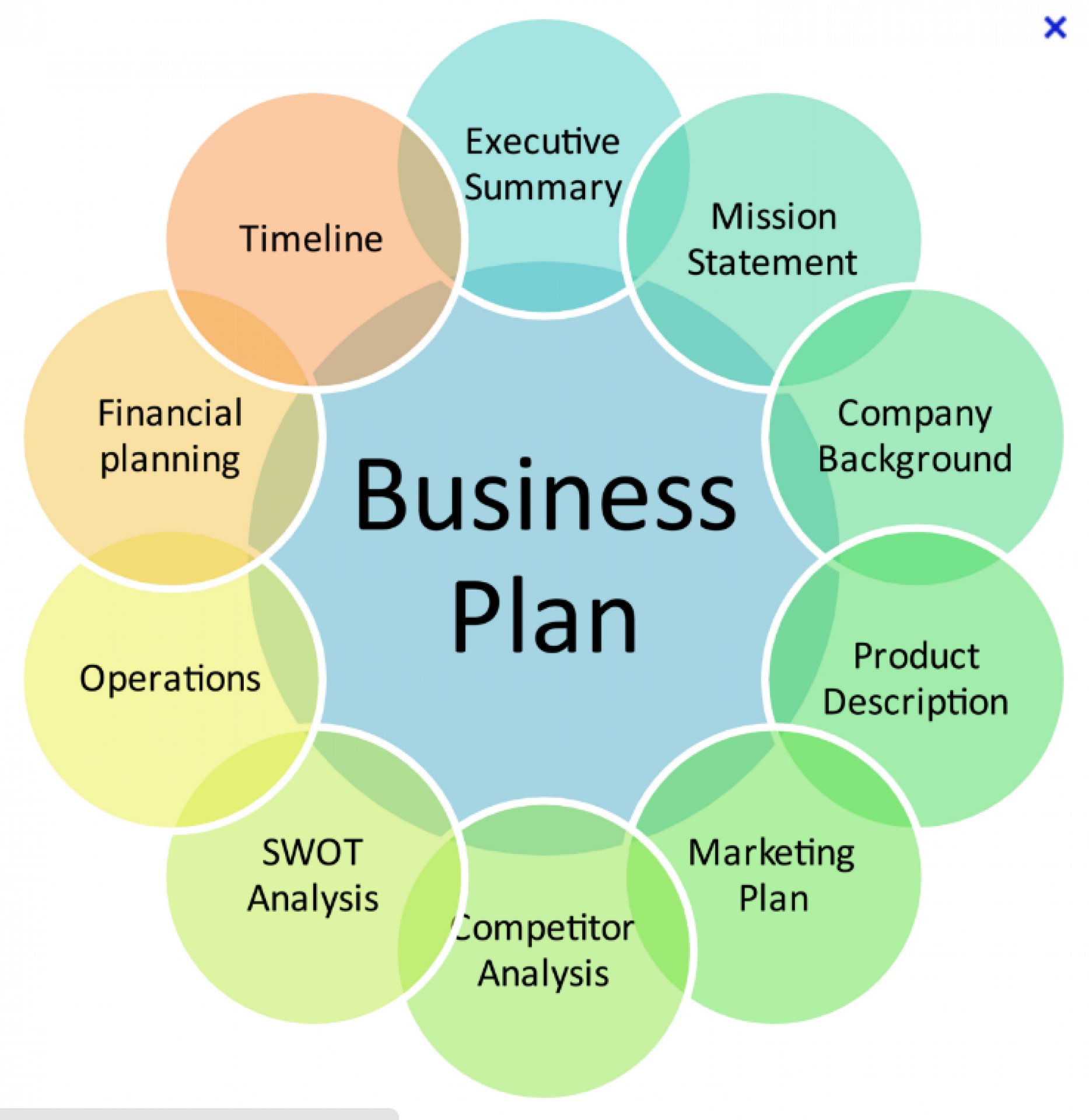
Building Your Startup’s Sales Playbook: From Founder Hustle to Scalable Success


We all hear a lot about market fit, GTM, and sales processes. But what is actually needed for normal business growth and development? For startup founders, early sales often mean endless hustle, improvisation, and personal charm. You close deals with passion, energy, and a fair dose of luck—but this approach rarely scales. Sooner or later, you’ll need to build a team and a repeatable process. This is exactly where a well-structured sales playbook comes into the picture.

A sales playbook is essentially your company’s sales bible—a detailed guidebook outlining exactly how your sales team should approach prospects, handle objections, pitch your product, and close deals. Without a playbook, your sales efforts risk becoming chaotic and inconsistent, ultimately resulting in missed opportunities and stalled growth.
Founders initially carry sales with charisma and personal networks, but the key to growth lies in codifying these successes. By creating a clear and structured playbook, you equip your team to replicate your early wins efficiently and consistently.
Identify who truly needs your solution. Define clear profiles detailing industries, company sizes, geographic regions, and specific roles within those companies. This prevents wasting precious time on unqualified leads.
Clearly articulate what makes your product or service valuable. Your messaging should consistently emphasize benefits and outcomes over features. Document key pitches and responses to common objections to streamline your sales approach.
Clearly define each stage from prospecting to closing. Specify criteria for progressing leads from one stage to the next, providing checklists or flowcharts to ensure no step is overlooked.
Compile essential resources such as email templates, call scripts, demo guidelines, and competitive analysis. Centralizing these tools saves time and maintains consistent quality in sales interactions.
Regularly track and analyze key sales metrics like win rates, sales cycle lengths, and customer acquisition costs. Establish feedback loops to constantly refine and update your playbook based on these insights.
Early-stage startups face significant challenges in attracting and retaining quality salespeople. Opt for talent that thrives in uncertain, fast-paced environments rather than those seeking stable corporate roles. Emphasize mission, culture, equity opportunities, and growth potential to attract the right candidates.
Initially, sales strategies can feel haphazard. To build a sustainable process, founders must methodically document successful sales strategies and standardize them. Regular training sessions and role-playing exercises help ingrain these processes, creating predictability and efficiency.
For example, an early-stage SaaS startup might standardize a demo process, dramatically reducing friction in onboarding new hires and scaling sales operations effectively.
Startups often pivot several times before settling into a strong market fit. Early-stage sales activities should double as customer research opportunities. Record and analyze feedback rigorously to sharpen your understanding of customer needs and refine your target market continuously.
Misaligned sales strategies can waste resources and stall growth. Choose a sales model that matches customer buying habits. For instance, Slack initially adopted a product-led growth strategy, adding sales teams only after securing a broad user base organically. Align your sales model—whether inbound, outbound, or hybrid—with customer preferences to ensure success.
The real power of a sales playbook is realized when your entire organization views it as a living, breathing guide that evolves as your startup grows. Regularly revisit and update your playbook to reflect new insights, changing market conditions, and evolving product offerings.
Integrate the playbook into your onboarding and training processes to cut ramp-up times dramatically and empower new sales hires from day one. A well-maintained playbook helps shift your sales efforts from heroic individual acts to a consistent, scalable team performance.
Building your startup’s sales playbook isn’t just about documenting processes—it’s about institutionalizing success. It transforms your sales operations from founder-driven heroics to a reliable revenue-generating machine. As you grow from a scrappy startup into a thriving business, your playbook will serve as the foundation for sustainable, scalable sales success.
Subscribe to our Insights: Expert productivity tips in your inbox
You'll receive 1-3 emails per month. Your data stays private, always.

Do you need sales audit?
Available
February 17, 2026 - 9 min read
Read article Read articleFebruary 16, 2026 - 8 min read
Read article Read articleFebruary 15, 2026 - 12 min read
Read article Read articleFebruary 14, 2026 - 9 min read
Read article Read articleDrop us a line to talk
about your project